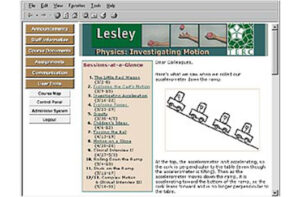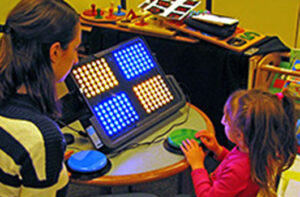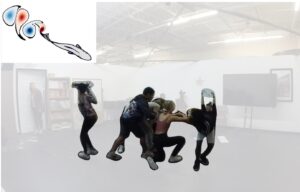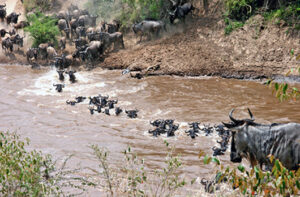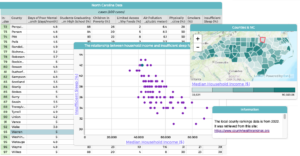Professional science education videos improve student performance in nonmajor and intermediate biology laboratory courses
Karen Mutch-Jones, Namrata Sengupta, V. Christine Minor & Lara K. Goudsouzian
Summary
Undergraduate biology laboratories emphasize hands-on skills, and typically, descriptions of techniques are delivered via written instruction and demonstration. However, the use of videos, in place of demonstration, has been shown to increase students’ ability to execute complex physical tasks. Recognizing these learning benefits, it has become more common for universities and colleges to develop customized prelab instructional videos. However, institutional and economic barriers can interfere with video production. In such cases, professionally produced videos may provide an attractive alternative.
To identify potential impact, we investigated the added value of videos produced by the Journal of Visualized Experiments (JoVE) on students in an intermediate molecular biology course at DeSales University, and in a nonmajors biology course at Clemson University.
Our matched comparison study was designed to measure the extent to which videos affected student understanding of conceptual ideas and experiment techniques and processes, learned through the labs. From students in the video group, we also gathered data about ways in which videos affected their laboratory work.
We found that, overall, students who watched videos performed significantly better in both pre- and post-lab exams, with up to a two-fold increase in exam scores on scientific concepts and techniques. Within the context of this study, the learning benefits were greater for undergraduate science majors than for nonmajors. For three of the four labs, students also reported that the videos positively influenced their confidence in and understanding when conducting the lab. Thus, this proof of concept study suggests that professional instructional videos can effectively support student lab preparation and learning needs. They can be a resource that enhances undergraduate biology courses in a variety of settings. This line of research would benefit from efficacy studies, designed to inform video content and to identify instructional approaches for effectively incorporating video in undergraduate science labs.

Related People:
Karen Mutch-Jones



